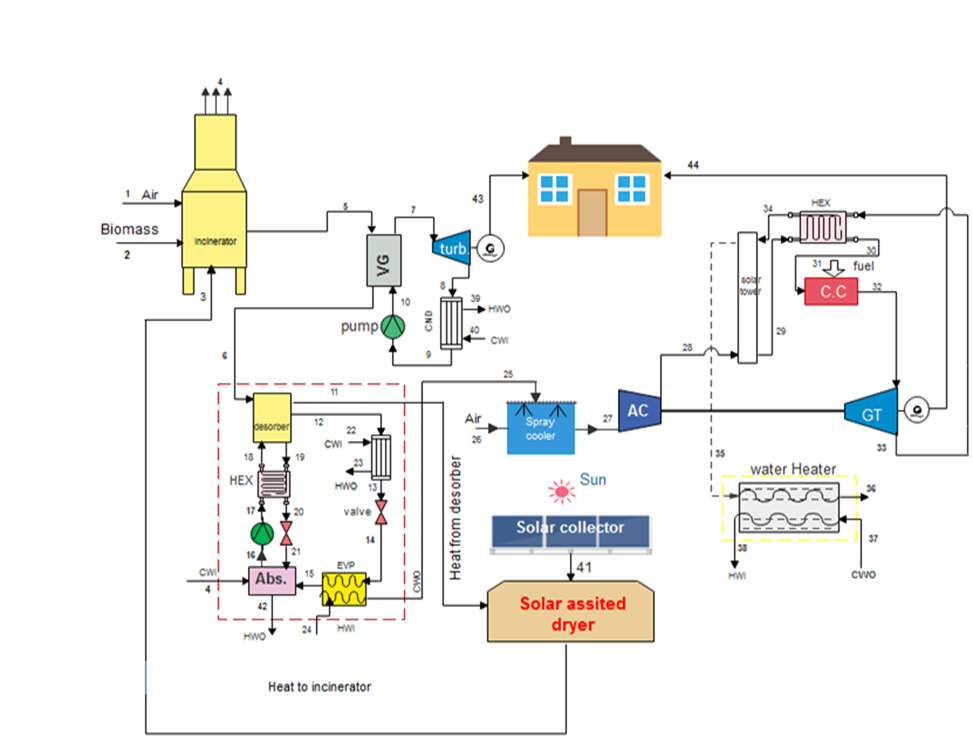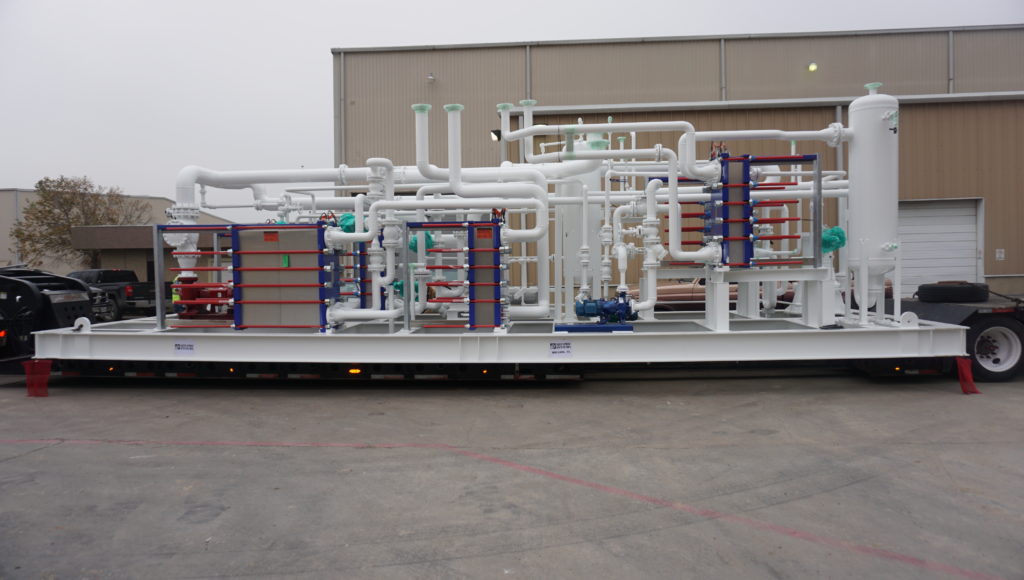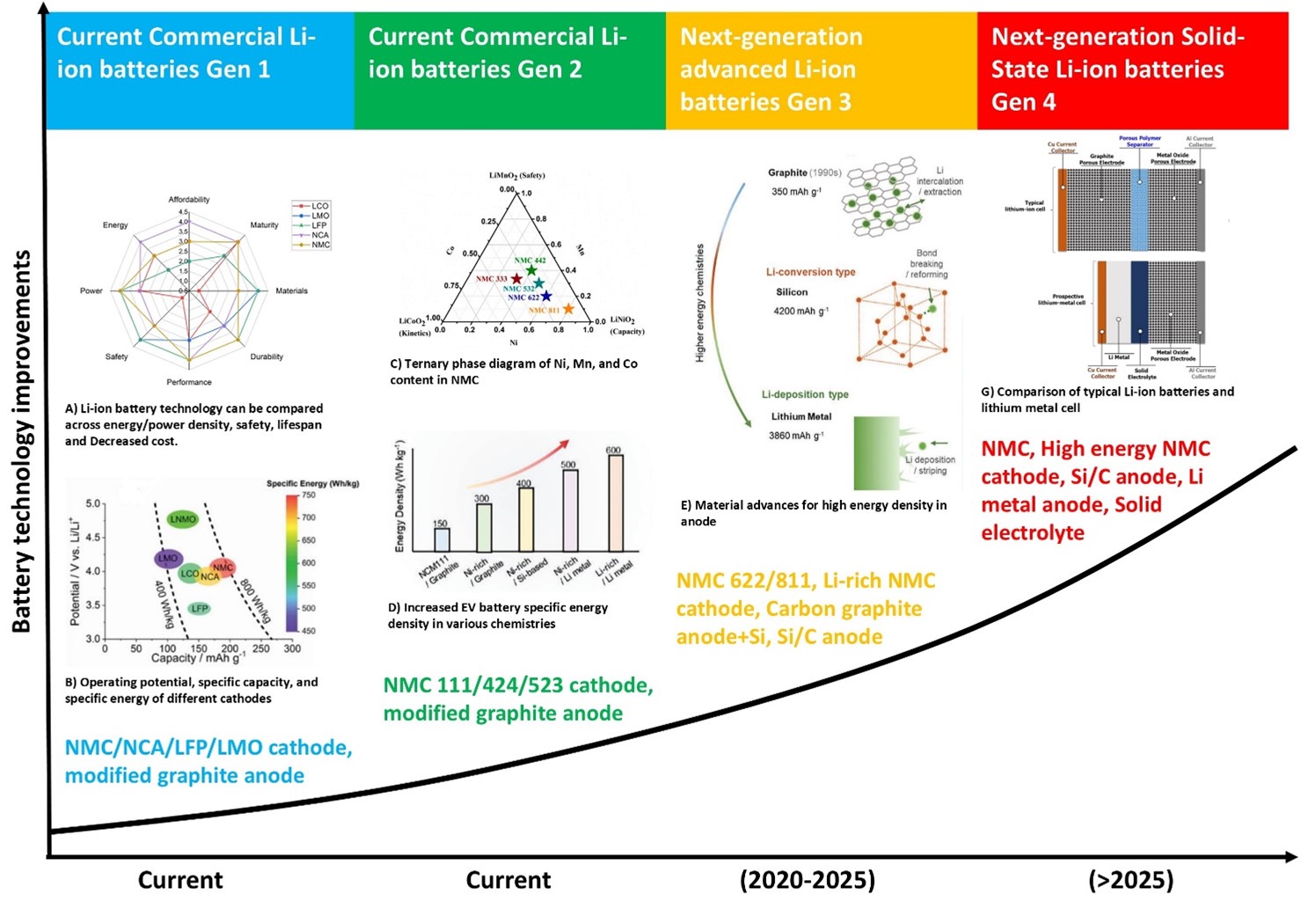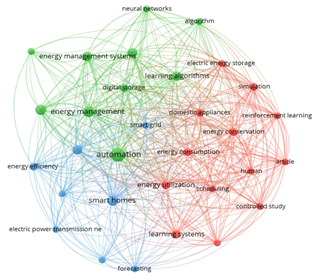Evaluating the impact of economic policies on solar energy growth in Iran

Downloads
This paper explores the techno-economic implications of Iranian policy instruments designed to promote large-scale photovoltaic (PV) power plants. As global energy demands rise and environmental concerns intensify, transitioning from conventional fossil fuels to renewable energy sources has become imperative. This study investigates the current state of Iran's electricity market and the effectiveness of its power purchase policies in facilitating PV development. Despite possessing substantial solar energy potential, Iran faces significant challenges, including financial constraints and inconsistent energy policies, which hinder the swift adoption of renewable technologies. The research utilizes a comprehensive approach to assess these barriers and proposes strategic financial solutions to enhance investor confidence and participation in the solar energy sector. Notably, this study contributes to the existing literature by providing a detailed analysis of Iran's unique socio-economic context and its impact on the implementation of renewable energy policy. The findings underscore the necessity for cohesive governmental support and innovative financing mechanisms to unlock Iran's vast solar resources, ultimately paving the way for sustainable energy solutions that align with global carbon neutrality goals.
Mohammadi, M., Noorollahi, Y., & Mohammadi-Ivatloo, B. (2018). Demand response participation in renewable energy hubs. Operation, planning, and analysis of energy storage systems in smart energy hubs, 129-161.
Eslami, S., Gholami, A., Bakhtiari, A., Zandi, M., & Noorollahi, Y. (2019). Experimental investigation of a multi-generation energy system for a nearly zero-energy park: A solution toward sustainable future. Energy Conversion and Management, 200, 112107.
O’Shaughnessy, E., & Margolis, R. (2018). The value of price transparency in residential solar photovoltaic markets. Energy Policy, 117, 406-412.
Tavana, A., Javid, A. E., Houshfar, E., Andwari, A. M., Ashjaee, M., Shoaee, S., Maghmoomi, A., & Marashi, F. (2019). Toward renewable and sustainable energies perspective in Iran. Renewable energy, 139, 1194-1216.
Zandi, M., Bahrami, M., Eslami, S., Gavagsaz-Ghoachani, R., Payman, A., Phattanasak, M., Nahid-Mobarakeh, B., & Pierfederici, S. (2017). Evaluation and comparison of economic policies to increase distributed generation capacity in the Iranian household consumption sector using photovoltaic systems and RETScreen software. Renewable energy, 107, 215-222.
Kazem, H. A., Chaichan, M. T., Al-Waeli, A. H., & Sopian, K. (2022). Effect of dust and cleaning methods on mono and polycrystalline solar photovoltaic performance: An indoor experimental study. Solar Energy, 236, 626-643.
Johnstone, N., Haščič, I., & Popp, D. (2010). Renewable energy policies and technological innovation: evidence based on patent counts. Environmental and resource economics, 45, 133-155.
Chen, W., & Wei, P. (2018). Socially optimal deployment strategy and incentive policy for solar photovoltaic community microgrid: A case of China. Energy Policy, 116, 86-94.
Ghasemi, G., Noorollahi, Y., Alavi, H., Marzband, M., & Shahbazi, M. (2019). Theoretical and technical potential evaluation of solar power generation in Iran. Renewable energy, 138, 1250-1261.
Schmid, G. (2012). The development of renewable energy power in India: Which policies have been effective? Energy Policy, 45, 317-326.
Yin, H., & Powers, N. (2010). Do state renewable portfolio standards promote in-state renewable generationʔ? Energy Policy, 38(2), 1140-1149.
Rezaee, M. J., Yousefi, S., & Hayati, J. (2019). Root barriers management in development of renewable energy resources in Iran: An interpretative structural modeling approach. Energy Policy, 129, 292-306.
Nouri, G., Noorollahi, Y., & Yousefi, H. (2019). Solar-assisted ground source heat pump systems–A review. Applied Thermal Engineering, 163, 114351.
Olabi, A.-G. (2019). Circular economy and renewable energy. In (Vol. 181, pp. 450-454): Elsevier.
Awan, A. B. (2019). Optimization and techno-economic assessment of rooftop photovoltaic system. Journal of Renewable and Sustainable Energy, 11(3).
Østergaard, P. A., Duic, N., Noorollahi, Y., Mikulcic, H., & Kalogirou, S. (2020). Sustainable development using renewable energy technology. In (Vol. 146, pp. 2430-2437): Elsevier.
Saidan, M., Albaali, A. G., Alasis, E., & Kaldellis, J. K. (2016). Experimental study on the effect of dust deposition on solar photovoltaic panels in desert environment. Renewable energy, 92, 499-505.
Shirzad, M., Panahi, H. K. S., Dashti, B. B., Rajaeifar, M. A., Aghbashlo, M., & Tabatabaei, M. (2019). A comprehensive review on electricity generation and GHG emission reduction potentials through anaerobic digestion of agricultural and livestock/slaughterhouse wastes in Iran. Renewable and Sustainable Energy Reviews, 111, 571-594.
Aryanpur, V., Atabaki, M. S., Marzband, M., Siano, P., & Ghayoumi, K. (2019). An overview of energy planning in Iran and transition pathways towards sustainable electricity supply sector. Renewable and Sustainable Energy Reviews, 112, 58-74.
Tabasi, S., Yousefi, H., Noorollahi, Y., & Aramesh, M. (2019). A detailed investigation and performance optimization of a photovoltaic panel integrated with a reflecting mirror. Applied Thermal Engineering, 160, 114074.
Asrari, A., Ghasemi, A., & Javidi, M. H. (2012). Economic evaluation of hybrid renewable energy systems for rural electrification in Iran—A case study. Renewable and Sustainable Energy Reviews, 16(5), 3123-3130.
Rakhshani, E., Rouzbehi, K., J. Sánchez, A., Tobar, A. C., & Pouresmaeil, E. (2019). Integration of large-scale PV-based generation into power systems: A survey. Energies, 12(8), 1425.
Sepehr, M., Eghtedaei, R., Toolabimoghadam, A., Noorollahi, Y., & Mohammadi, M. (2018). Modeling the electrical energy consumption profile for residential buildings in Iran. Sustainable cities and society, 41, 481-489.
Antonelli, M., Desideri, U., & Franco, A. (2018). Effects of large-scale penetration of renewables: The Italian case in the years 2008–2015. Renewable and Sustainable Energy Reviews, 81, 3090-3100.
Honrubia-Escribano, A., Ramirez, F. J., Gómez-Lázaro, E., Garcia-Villaverde, P. M., Ruiz-Ortega, M. J., & Parra-Requena, G. (2018). Influence of solar technology in the economic performance of PV power plants in Europe. A comprehensive analysis. Renewable and Sustainable Energy Reviews, 82, 488-501.
Azizkhani, M., Vakili, A., Noorollahi, Y., & Naseri, F. (2017). Potential survey of photovoltaic power plants using the Analytical Hierarchy Process (AHP) method in Iran. Renewable and Sustainable Energy Reviews, 75, 1198-1206.
Noorollahi, Y., Shabbir, M. S., Siddiqi, A. F., Ilyashenko, L. K., & Ahmadi, E. (2019). Review of two decade geothermal energy development in Iran, benefits, challenges, and future policy. Geothermics, 77, 257-266.
Alimohammadlou, M., & Bonyani, A. (2019). Iran's energy policy after the nuclear deal for cooperation with foreign oil and gas companies. International Journal of Procurement Management, 12(2), 199-218.















